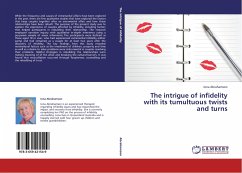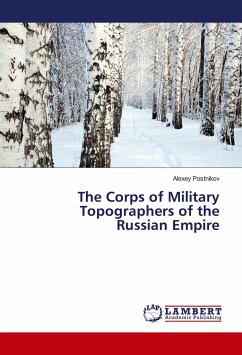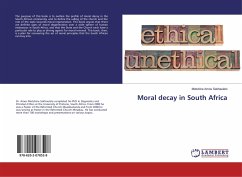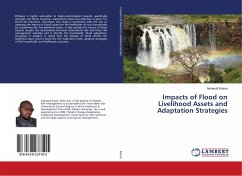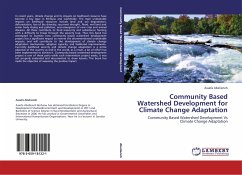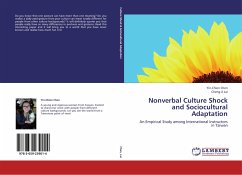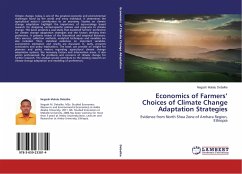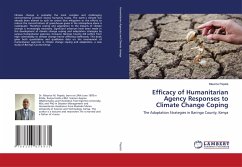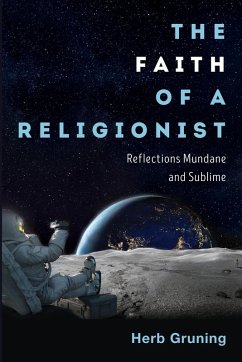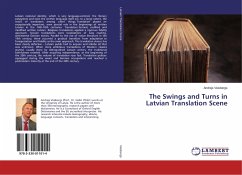
The Swings and Turns in Latvian Translation Scene
Versandkostenfrei!
Versandfertig in 6-10 Tagen
22,99 €
inkl. MwSt.

PAYBACK Punkte
11 °P sammeln!
Latvian national identity, which is very language-centred, the literary polysystem and even the written language itself are, to a large extent, the result of translation among other things. Translation played an exceptionally important, even pivotal role in the beginnings of written Latvian in the 16th-18th centuries. Translators formed, codified and modified written Latvian. Religious translations applied a rigorous fidelity approach. Secular translations were localizations of easy reading, sentimental German stories. Parallel to the rise of native literature in the 19th century, there occurr...
Latvian national identity, which is very language-centred, the literary polysystem and even the written language itself are, to a large extent, the result of translation among other things. Translation played an exceptionally important, even pivotal role in the beginnings of written Latvian in the 16th-18th centuries. Translators formed, codified and modified written Latvian. Religious translations applied a rigorous fidelity approach. Secular translations were localizations of easy reading, sentimental German stories. Parallel to the rise of native literature in the 19th century, there occurred a gradual transition from adaptation to foreignization and fidelity as the main approach. The translation stance has been clearly defective - Latvian public had to acquire and imbibe all that was unknown. When more ambitious translations of Western classics started, usually done by distinguished Latvian writers, the traditional faithfulness receded. After acquiring independence, at the beginning of the 20th century, the volume of translation rose fast. Translation policies zigzagged during the soviet and German occupations and reached a postmodern maturity at the end of the 20th century.



